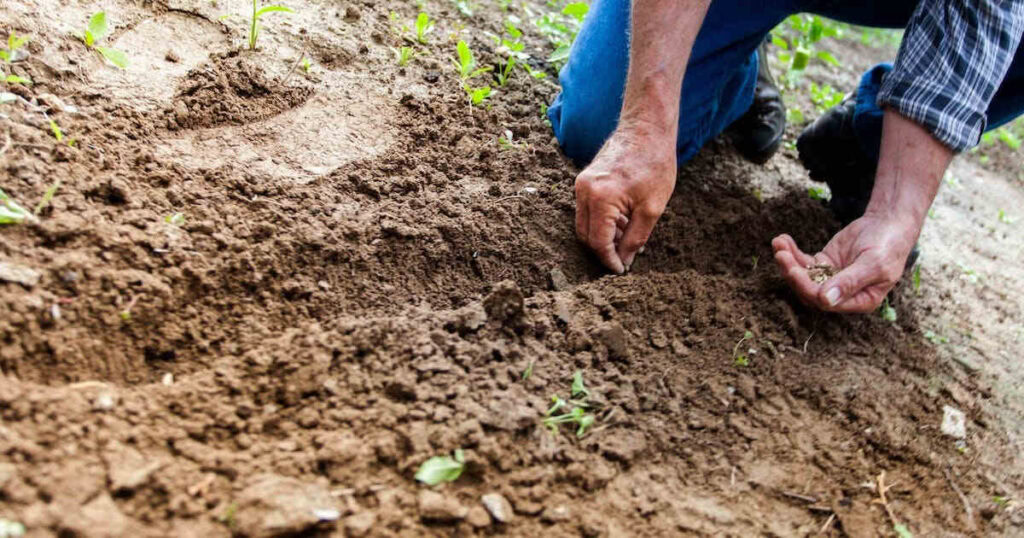
In the realm of gardening, success doesn’t just sprout overnight; it takes a blend of passion, knowledge, and commitment to cultivate a thriving garden. Whether you’re a novice with a windowsill herb garden or an experienced horticulturist tending to a vast backyard oasis, these 15 tips will guide you on the path to becoming a successful gardener. Let’s dig into the soil of wisdom and nurture your gardening journey.
01) Choose the Right Location
Selecting the appropriate location for your garden is paramount. Different plants have varying sunlight and soil requirements. Evaluate your space’s sun exposure and soil quality to ensure compatibility with your chosen flora. A well-chosen location sets the foundation for a flourishing garden.
2) Understand Your Soil
Soil is the lifeblood of your garden. Conduct a soil test to determine its composition, including pH levels and nutrient content. Based on the results, amend the soil with organic matter or fertilizers to create an optimal environment for plant growth.
3) Plan Your Garden Layout
Successful gardening is akin to strategic planning. Design your garden layout with considerations for plant spacing, growth patterns, and aesthetics. A well-thought-out plan ensures efficient use of space and resources.
4) Select the Right Plants
Choose plants that thrive in your climate and are well-suited to your gardening skills. Consider factors like water requirements, hardiness zones, and compatibility with neighboring plants. A harmonious selection of flora leads to a visually appealing and healthy garden.
5) Invest in Quality Tools
Just as a chef relies on quality knives, a gardener depends on reliable tools. Invest in high-quality gardening tools to make tasks more efficient and enjoyable. Regular maintenance of tools ensures they remain in peak condition.
6) Water Wisely
Watering is an art in gardening. Provide consistent, deep watering rather than frequent shallow watering. Early morning or late afternoon is the optimal time to water, minimizing evaporation and promoting absorption.
7) Mulch for Moisture Retention
A gardener’s secret weapon is mulching. To control soil temperature, inhibit weed growth, and preserve moisture, mulch around plants with an organic layer. Mulching improves soil health in addition to conserving water.
8) Practice Regular Pruning
Pruning is an essential skill for a successful gardener. Regularly trim dead or diseased branches to stimulate new growth, enhance air circulation, and maintain the overall health and shape of your plants.
9) Monitor for Pests and Diseases
When it comes to disease and pest management, vigilance is essential. Check your plants often for symptoms of disease or infestation. Early identification enables timely action, stopping the spread of illnesses or pests.
10) Implement Sustainable Practices
Embrace eco-friendly gardening practices by composting kitchen waste, using organic fertilizers, and avoiding chemical pesticides. Sustainable gardening not only benefits the environment but also promotes the long-term health of your garden.
11) Rotate Crops
To prevent soil-borne diseases and maintain soil fertility, practice crop rotation. Moving plants to different locations each season helps break pest and disease cycles while optimizing nutrient uptake.
12) Educate Yourself Continuously
Gardening is a continuous learning journey. Stay informed about new techniques, plant varieties, and gardening trends through books, online resources, and local gardening clubs. Knowledge is the key to overcoming challenges and achieving success.
13) Create a Gardening Calendar
Develop a gardening calendar to stay organized and ensure timely tasks. Different plants have specific planting, pruning, and harvesting periods. A well-structured calendar keeps you on track and maximizes the potential of your garden.
14) Connect with the Gardening Community
Joining a gardening community provides a platform to share experiences, seek advice, and celebrate successes. Engaging with fellow gardeners fosters a sense of camaraderie and offers valuable insights into regional gardening nuances.
15) Celebrate Your Successes
As you nurture your garden, take a moment to appreciate your successes, whether it’s the first bloom of a flower or a bountiful harvest. Gardening is a labor of love, and acknowledging your achievements fuels the passion for future endeavors.
Conclusion
Becoming a successful gardener is a journey filled with growth, challenges, and the joy of cultivating life from the soil. By following these 15 tips, you’ll not only foster a beautiful and thriving garden but also develop the skills and knowledge needed to sustain your green sanctuary for years to come. So, roll up your sleeves, grab your trowel, and let the gardening adventure begin!



